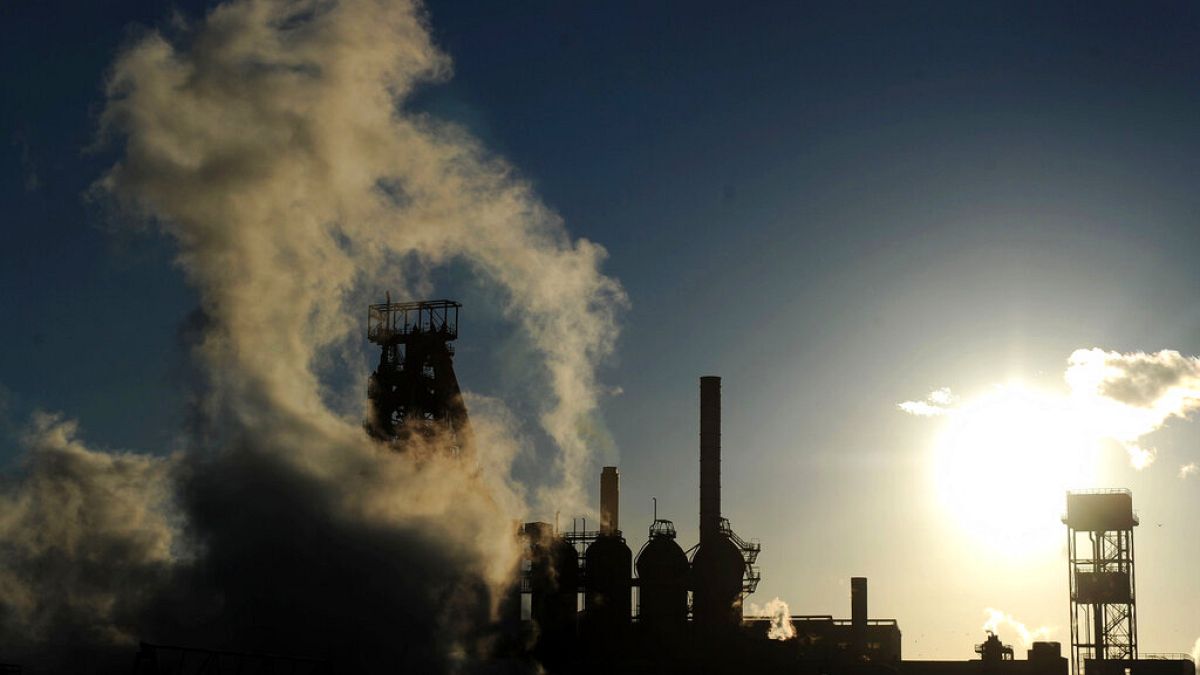
Britain has announced plans to charge a carbon levy on imported raw materials such as aluminium, iron, steel and cement from 2027, in an attempt to prevent firms from being undercut by overseas producers.
Announcing its plan, Britain’s Treasury said the proposed new tax will level the playing field, helping greener domestic producers compete against higher carbon, but cheaper, foreign rivals.
However, British Steel has criticised the move as being too sluggish, as it will come into effect one year after similar proposals from the European Union are implemented.
For years, fears have been expressed that UK efforts to cut greenhouse gases are not being matched overseas, meaning emissions are just being displaced to countries without ambitious net-zero targets and leaving little global benefit.
‘Carbon leakage’ to be tackled
The new rules will address “carbon leakage”, reducing the risk that production and associated emissions are shifted to other countries because they have a lower carbon price.
“This levy will make sure carbon-intensive products from overseas — like steel and ceramics — face a comparable carbon price to those produced in the UK so that our decarbonisation efforts translate into reductions in global emissions,” Treasury chief Jeremy Hunt said.
Britain’s Conservative government has come under criticism over the past few months after Prime Minister Rishi Sunak watered down some of the country’s environmental commitments and said he was “not in hock to ideological zealots.”
While the implementation of the so-called Carbon Border Adjustment Mechanism, or CBAM, has been widely welcomed, its start-date has raised some concerns as the EU’s similar proposal will come into effect in 2026.
Implementation ‘sluggish’
Though Britain fully left the EU at the end of 2020, more than four years after the Brexit referendum, it often shadows policy from its former partners on an array of policies.
“With over 90% of global steel production facing no carbon cost, it is only right that a new carbon border policy is put in place to create a level playing field on carbon pricing,” said UK Steel director general Gareth Stace.
“Despite the steel sector repeatedly warning officials how exposed the UK would be if it did not mirror the EU implementation timetable, the government today seems to be actively planning for just that scenario,” he added.





